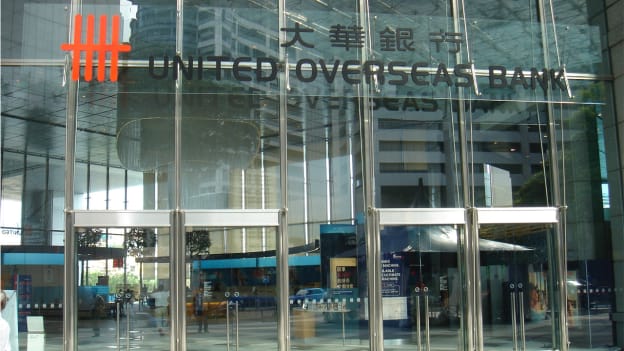UOB to allow post-COVID WFH for 17,000 staff

UOB has announced that it will be offering the majority of its staff the option to work remotely two days a week even after COVID-19 restrictions are lifted. Some 65 percent of the bank's 26,000 roles, all of them non-customer facing, will be eligible for this option—almost 17,000 people in total.
According to Dean Tong, UOB’s Head of Group Human Resources, the move is in response to changes in the norm of how and where people work. The concept of workspace and workplace, he said, is being transformed and this has to be addressed.
“We believe that the future of the workplace is a hybrid one where employees choose how to manage their work commitments based on the space and place they can be most effective," he said. "Working from home during COVID-19 has been instructive due to the speed and intensity of the change but we must look beyond the present and define a future of work that is more sustainable. For example, once safe distancing restrictions are eased, people will want to come together in the workplace for close collaboration, creative solutioning and in-person discussions. They will prefer to connect online for the routine tasks that can be performed from any location."
To support the remote working option, UOB is speeding up its ongoing retrofit of its workplaces around the region to include more multi-purpose spaces. This includes its head offices in Malaysia and Thailand. It is also attempting to ramp up its employee wellness programs and mental health support in response to employees' feedback that they had faced stressors specific to remote work.
Tong said that while the hybrid approach will require "some adjustments", the ultimate objective is to improve employees' long-term mental well-being. "Ultimately, we are social creatures. We value a sense of community and belonging. We wanted to make sure that at the heart of our efforts is the long-term care of our people,” he said.















